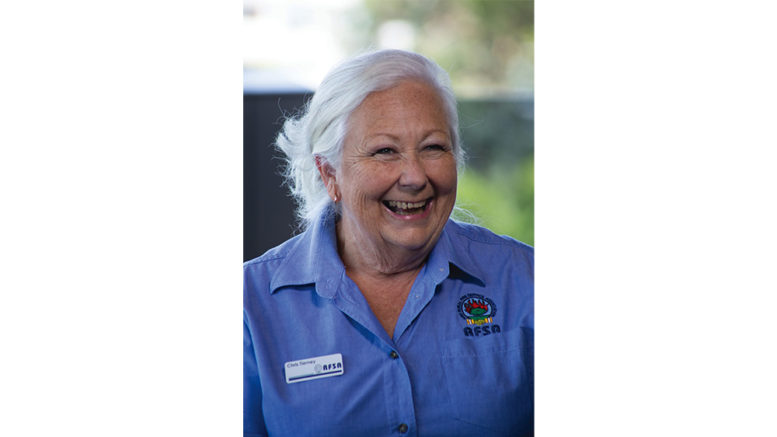The NSW Rural Fire Service Association (RFSA) has partnered with St John Ambulance NSW to offer mental health first aid courses to hundreds of NSW volunteer firefighters.
To date, 900 courses have been provided, with each course conducted by a certified trainer over a period of 4.5 hours, teaching how to provide initial support to those developing a mental illness or experiencing a mental health crisis.
Secretary of Kariong RFS brigade Christine Tierney completed the course in October and said she had found it invaluable in helping to recognise if people are not in their normal state and might need advice on where to go for help.
“I found the course extremely helpful,” Tierney said.
“It really serves a dual purpose; it helps us recognise possible triggers in ourselves and in others.
“I have relatives suffering with PTSD and have also been in brigades where members have had issues after major fires and it helpful for me to be able to recognise that.
“It also helped me figure out some of my own triggers and that will be useful not just in my volunteer work, but in everyday life.”
Tierney, who is chiefly involved in communications and catering, said she was often involved in helping firefighters debrief when they returned from an incident.
“We are not qualified to give mental health advice, but we are better equipped to start a conversation,” she said.
“We can start with simply asking are you OK and if someone says they’re not we can now suggest where they can go to get professional help – and even drive them there.
“It is absolutely important to have ongoing support for the mental health of volunteers.
“Mental health issues can emerge down the track, even 6-12 months after an incident.”
RFSA President, Brian McDonough, said the mental health courses complemented the holistic support provided to member, including chaplaincy and welfare services.
“For many volunteer firefighters and their families, living with the aftermath of the fires is a day-to day challenge,” McDonough said.
“We know our members are prepared and skilled to deal with a bushfire crisis – now we want to equip them with the skills to help during a mental health crisis.
These courses are not designed to be therapy or support group and absolutely do not replace the important role of mental health professionals.
“Rather they are an educational course to learn how to give initial mental health first aid to others.”
St John Ambulance NSW CEO, Sarah Lance, said the courses will help firefighters recognise and support colleagues, friends, and family who may be suffering with mental health issues.
“Mental health first aid is just as important as physical first aid,” Lance said.
“Throughout the bushfire season more than 500 St John Ambulance worked alongside firefighters in NSW, providing first aid and mental health support at evacuation centres and fire base stations.
“We are proud to continue helping the firefighters who supported Australia through the devastating bushfires.”
Terry Collins


